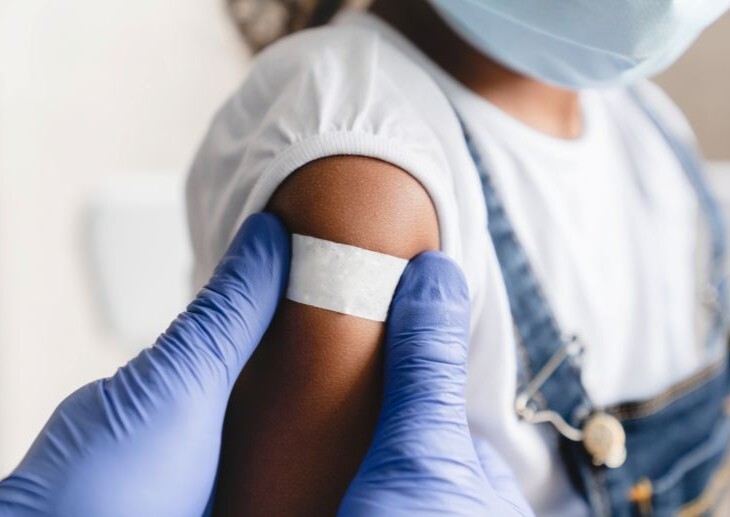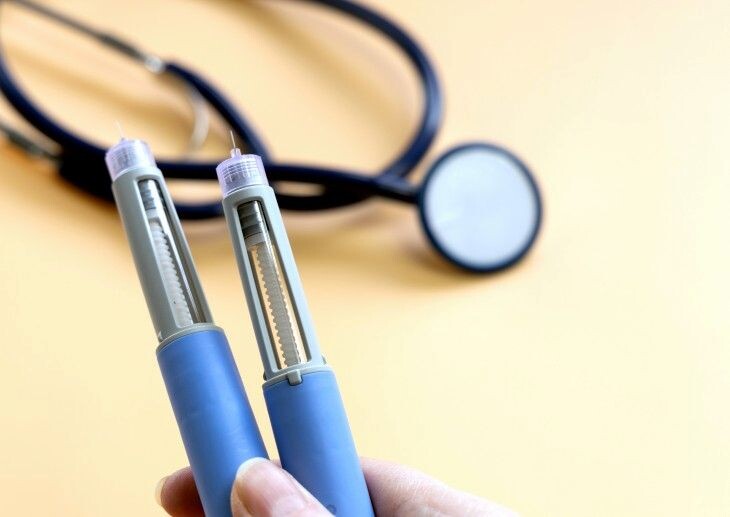Integrated care boards (ICBs) will be expected to ‘hold practices to account’ under the health secretary’s new plan to improve access to primary care.
The news comes as part of health secretary Therese Coffey’s plan for patient access, published today.
Under the scheme, the Government will require ICBs to provide support to those GP practices ‘with the most acute access challenges to improve performance’.
The plan will see data on how many appointments each GP practice is offering, alongside waiting times, published from November this year.
It states this will ‘enable patient choice’ and will equip them to ‘make informed choices’.
The widely criticised proposals also set out that:
- Patients who need an appointment with their practice should get one within two weeks.
- Patients with urgent needs should be ‘seen on the same day’, with more than a million extra appointments opened up over winter.
- An additional 31,000 phone lines will be made available for GP practices to improve access
- It will promise of funding for practices to employ more roles, including ‘GP assistants’ and advanced nurse practitioners.
It said: ‘Prioritising primary care will benefit most people who use the NHS. Hospitals will be better able to deal with serious illness earlier and to focus on more acute need rather than admissions for chronic illnesses that have not been well managed at an earlier stage.’
However, Dr Jennifer Dixon, chief executive of the Health Foundation criticised the plan for introducing ‘tiny’ and ‘short-term’ fixes in the face of a health and care system ‘under incredible strain’.
She said: ‘Public satisfaction with general practice is falling and it makes sense for government to do more to support GPs. Expanding the primary care team is sensible but practices will need help to make the best of new roles, as well as investment in infrastructure. Most patients (around 85%) already get an appointment within two weeks of booking and 44% on the same day.
‘People value speed of access but also convenience and continuity with their GP. A new target should be monitored for unintended consequences – not least putting extra pressure on GPs already under major strain. And the target doesn’t address the stark reality that there simply aren’t enough GPs. GP numbers are already 4,200 short of what is needed to deliver pre-pandemic levels of care. This shortfall could double by 2030-31.’
Dr Farah Jameel, chair of the BMA’s GP committee for England, said: ‘The target of GPs now offering appointments within two weeks is simply another addition to a tick-box culture highlighting a tone-deaf government approach when it comes to those delivering the service on the ground.
‘GPs need to be freed up to deliver the care that we know patients so desperately need – that means we need a genuine strategy to address the workforce crisis. There simply aren’t enough GPs and staff to deliver the care our patients need and deserve.’
The plan comes a day before the Chancellor is set to hold an emergency mini-budget.
Leaders called on the Chancellor to go beyond tinkering with existing policies and fully address the NHS’ pension crisis.






